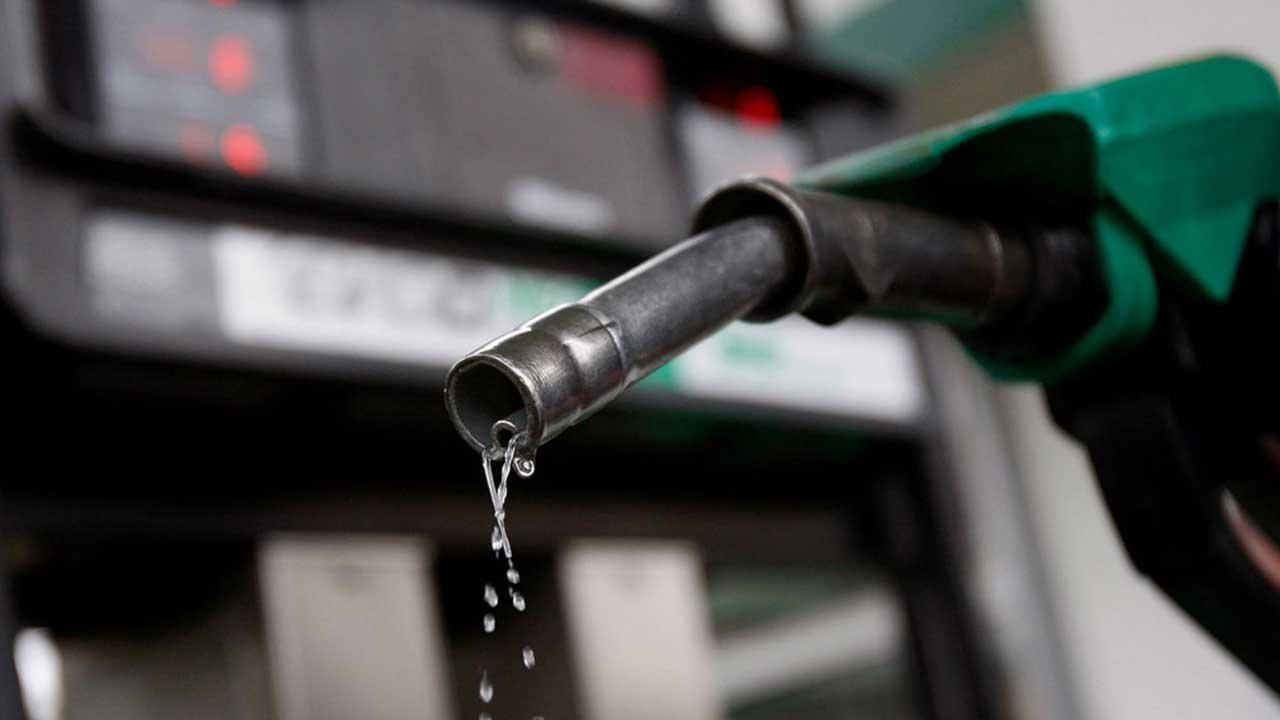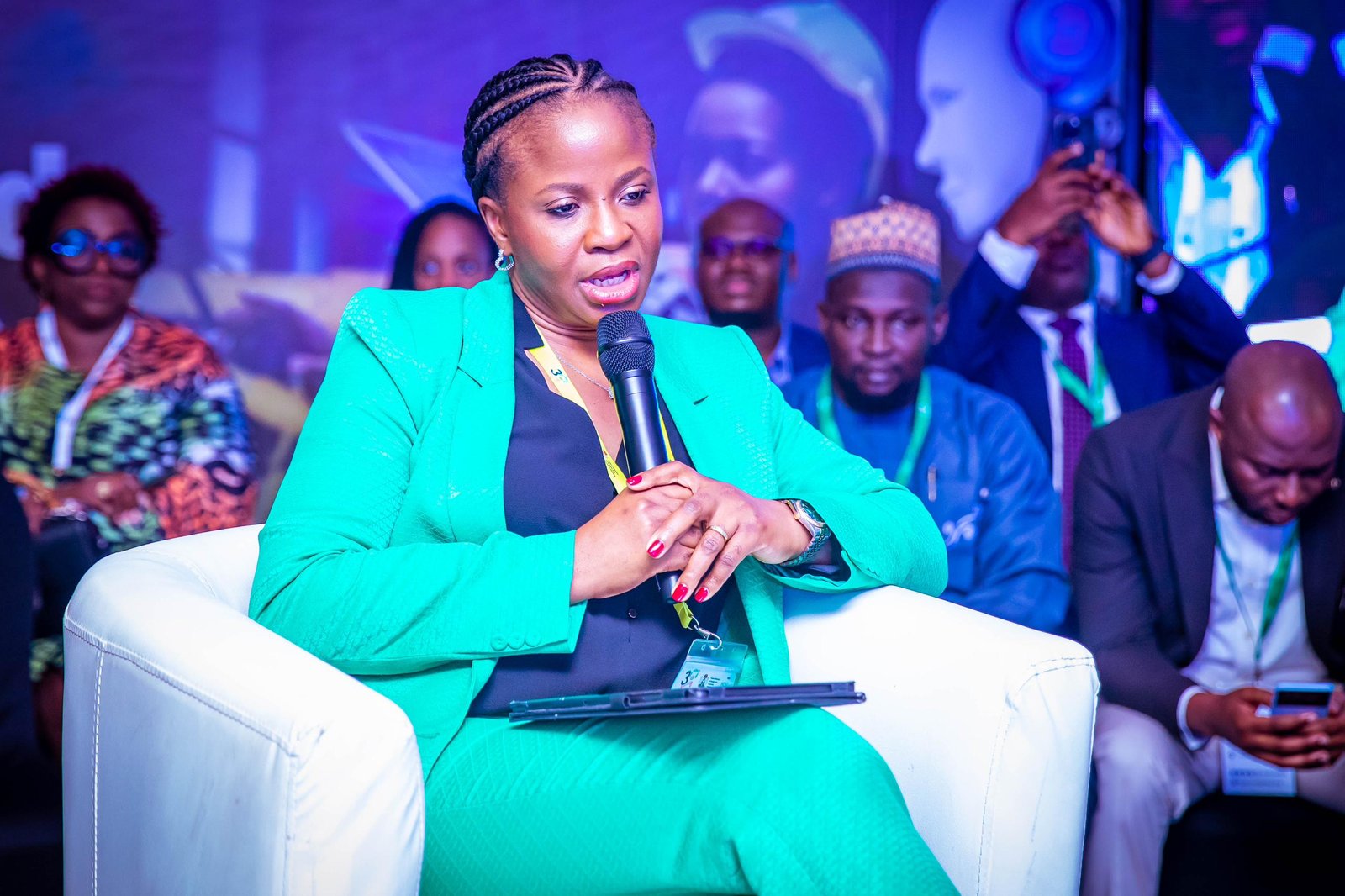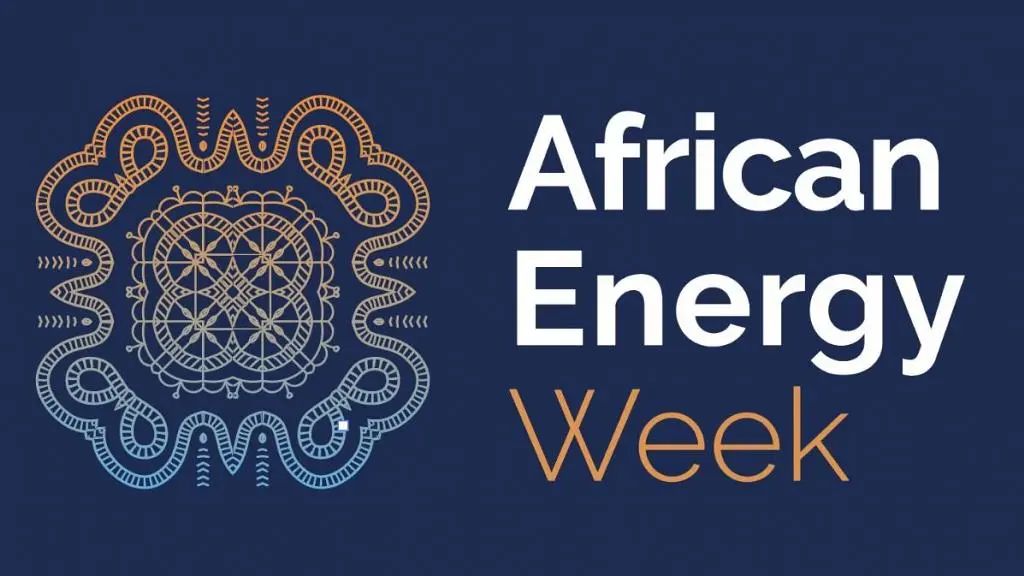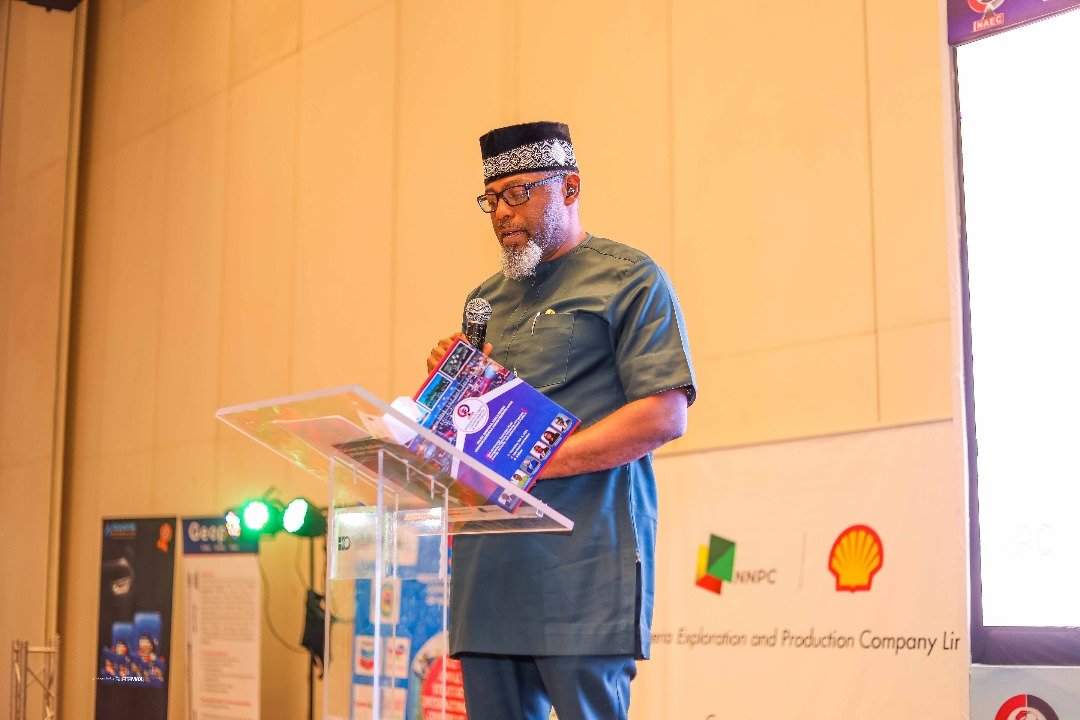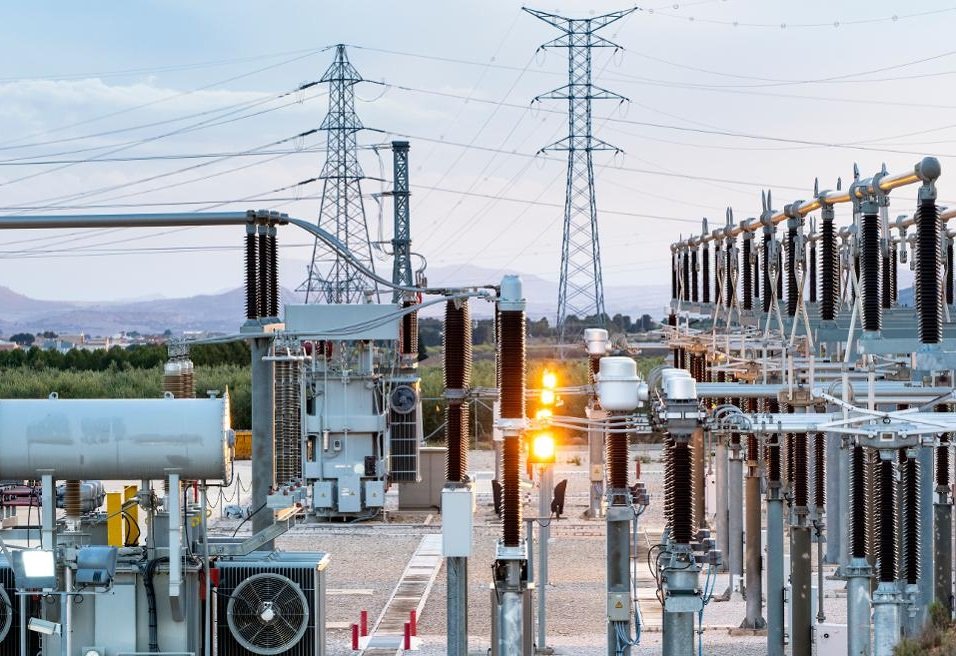.As Bonny Light price rises to $60.52 per barrel
THE Major Marketers Association of Nigeria, MOMAN has disclosed that Nigeria’s fuel subsidy, currently incurred by the Federal Government through the Nigerian National Petroleum Corporation, NNPC was not unsustainable.
The price of Bonny Light rose from $59 to $60.52, on February 11, 2021, thus increasing the level of fuel subsidy in the nation, which did not provide for subsidy in its 2021 budget.
Nevertheless, speaking virtually on, ‘After Deregulation, What Next?’ in Lagos, Mr. Adetunji Oyebanji, Chairman, MOMAN, said: “We must as a national debate and share pragmatic and realistic initiatives to mitigate the impact of a pump price increase that could follow a fully deregulated downstream. We stand with Nigeria and Nigerians through this difficult time and support the Federal Government’s promise to pass the Petroleum Industry Bill, PIB this year and fully deregulate the petroleum downstream sector.
“The benefit of a liberalized downstream is the most visible means of growing the economy in the medium to long term. Nigeria can become the refining hub of West and Central Africa and eventually the whole of Africa if we stick to this path of investing in new refineries, adopting a cost optimization initiative, building an environment that promotes competition, and creates a sustainable petroleum sector. These actions would lead to increased employment, reduced poverty, and reduced social inequity. We must take advantage of the opportunities brought by the African Continental Free Trade Area agreement (AfCFTA) and fully benefit from our barrels of crude, getting the maximum value it can bring Nigeria.
“MOMAN is calling for a national discourse among all stakeholders including Government, Labour, Civil Society Organizations, the Organized Private Sector, and Operators, not on the merits or demerits of petrol subsidy removal, but on the initiatives that can be taken to ease the impact of the subsidy removal on the most vulnerable in our society.
“The public, which includes the downstream operators are key stakeholders in the Nigerian oil and gas industry. We believe that as a country, we have and should move beyond the debate on the arguments for the removal of petrol price subsidies. The discussion we should be having today is how best to maximise the benefits of the removal of price controls and subsidies while minimizing the adverse effects of this action on our citizens.”
He said: “In line with the recently launched Nigerian Upstream Cost Optimization Program (NUCOP), efforts must be made to reduce costs of production, administration, and governance throughout the petroleum value chain in the Nigerian petroleum sector, (particularly) the downstream, in order to promote efficiency and competitiveness within the industry and ensure value creation for all consumers.”
He added: “However, beyond this initiative being limited to the petroleum industry, we believe it is a notion that should be applied to the Nigerian landscape, particularly in the area of governance. As promised by the government, a visible and measured reduction in the cost of governance throughout the polity would bring about savings that can be directed toward improving the livelihood of the average Nigerian. This cost optimization initiative would demonstrate to Nigerians the good faith of the decision-makers in both the public and private sectors.”


